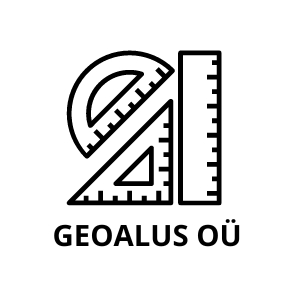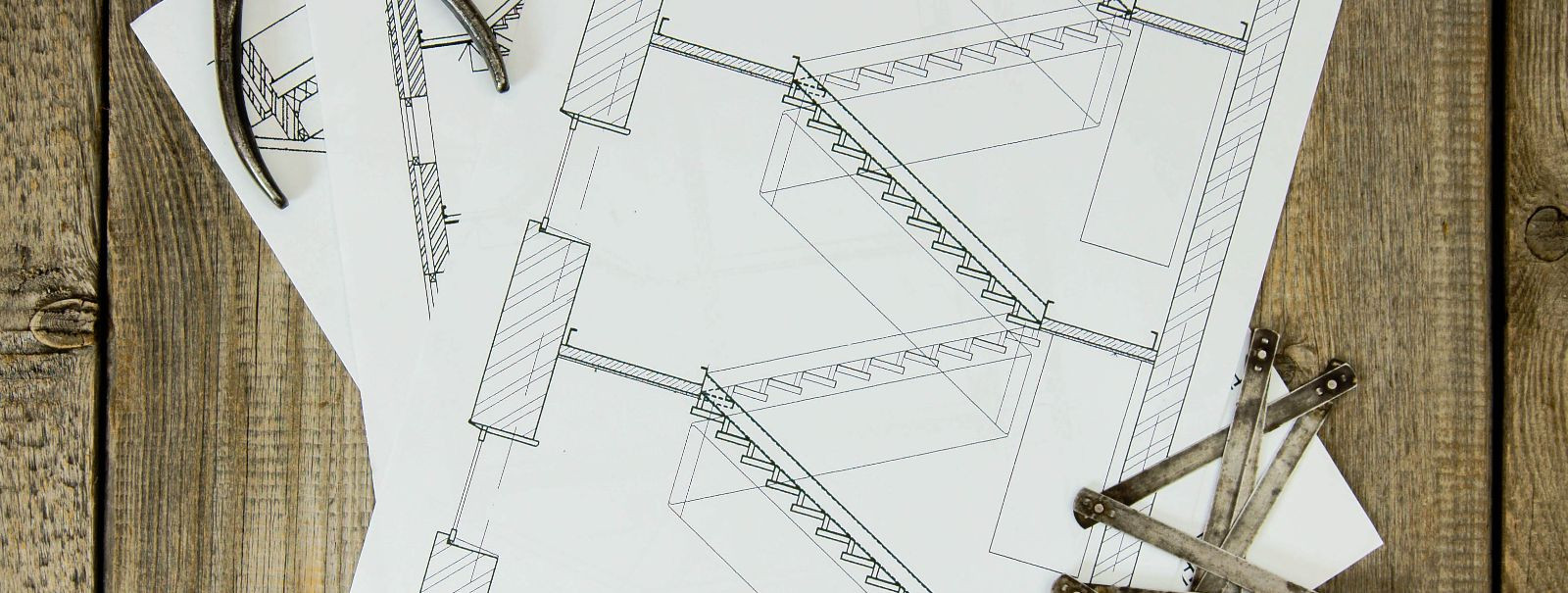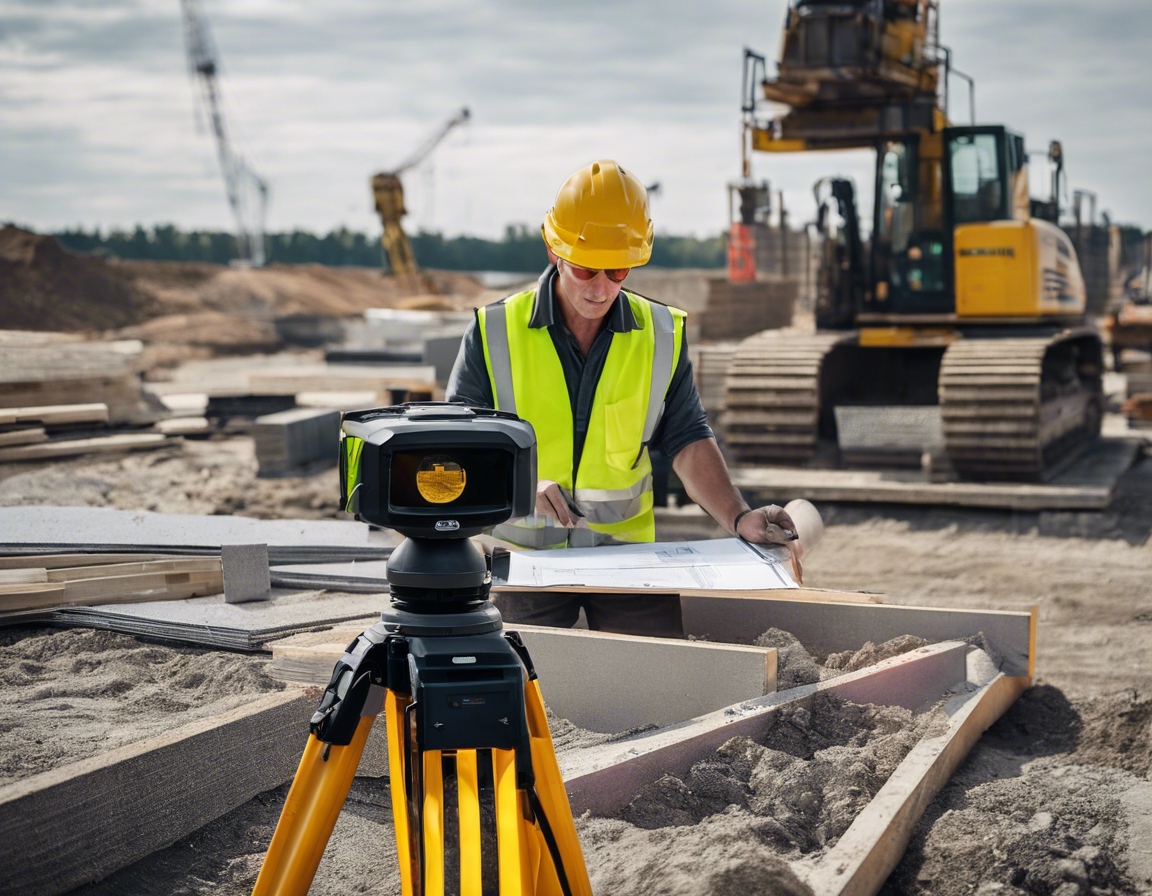Maximizing accuracy with professional marking work
Accuracy in marking work is the cornerstone of successful construction and urban planning projects. It ensures that the envisioned design translates perfectly into reality, avoiding costly mistakes and delays. For professionals in the field, such as construction companies, architects, urban planners, and government agencies, precision is not just a requirement; it's an expectation.
Professional marking refers to the process of creating accurate reference points, lines, and levels on construction sites or land development areas. These marks guide the placement of structures, utilities, and other critical elements, ensuring that every aspect of the project aligns with the planned design.
Key Components of Professional Marking
State-of-the-art equipment and technology are essential for achieving high precision in marking work. Tools such as GPS, laser levels, and robotic total stations enable professionals to create and verify marks with exceptional accuracy.
The human element, expertise, and experience, play a pivotal role in professional marking. Skilled technicians understand the nuances of the terrain and can interpret complex plans, translating them into precise physical marks on the ground.
Implementing stringent quality control measures is crucial for maintaining the accuracy of marking work. Regular checks and verifications at each stage of the marking process help prevent errors and ensure the integrity of the marks over the project's duration.
Benefits of Professional Marking for Construction and Planning
Professional marking services contribute to enhanced precision and efficiency in construction and planning projects. Accurate marks mean fewer mistakes, leading to a smoother workflow and timely project completion.
By preventing errors, professional marking also leads to significant cost savings. It mitigates the risks associated with rework, material wastage, and potential legal issues arising from non-compliance with design specifications.
Professional marking ensures that projects comply with local regulations and industry standards, which is critical for legal approvals and the long-term sustainability of the infrastructure.
Challenges in Professional Marking
Marking work on complex terrains requires specialized knowledge and equipment. Professionals must be adept at navigating these challenges to maintain accuracy.
The rapid pace of technological advancement means that professionals must continuously adapt to new tools and methods to stay at the forefront of marking accuracy.
Ensuring that marks remain accurate over time, despite environmental changes and construction activities, is another critical challenge that professionals must address.
Best Practices in Professional Marking
Investing in regular training and certification for marking professionals is essential for maintaining high standards of accuracy and adapting to industry changes.
Embracing and integrating new technologies into marking workflows can enhance accuracy and efficiency, keeping services competitive and cutting-edge.
Effective collaboration and communication among all stakeholders, including clients, marking professionals, and construction teams, are vital for ensuring that marking accuracy translates into project success.






Comments (0)